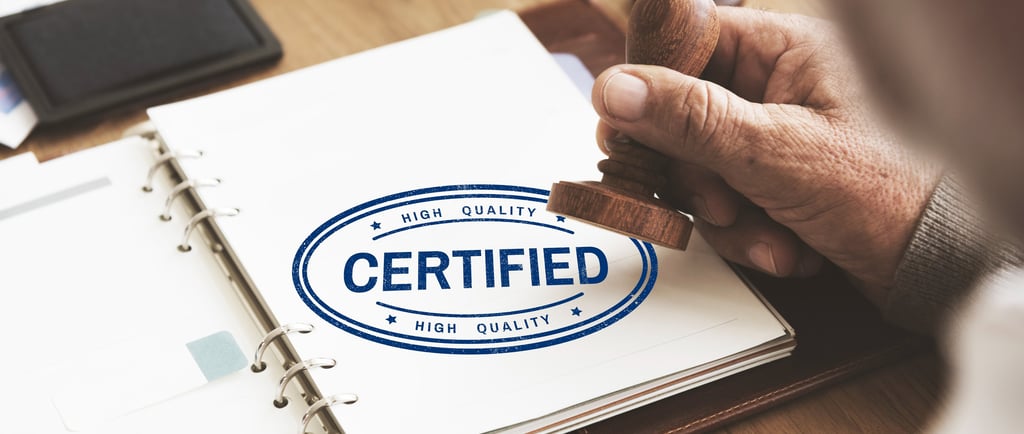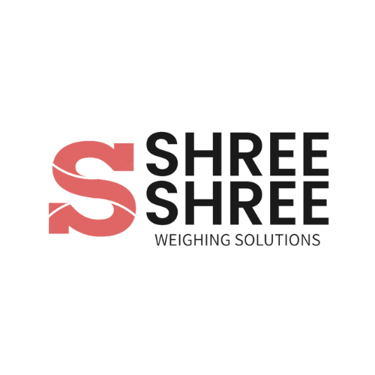Government Regulations on Weighing Scales: NABL Certification Explained
In India, every business that uses weighing scales for trade — whether it’s retail shops, manufacturing units, or logistics hubs — must comply with Legal Metrology regulations. These regulations ensure fairness in trade and protect consumer interests. A critical part of compliance is NABL certification, which validates that your weighing machines are accurate and meet government standards. This blog explains the key government regulations surrounding weighing scales and why NABL certification is central to compliance.
8/2/20252 min read


What is Legal Metrology and Why Does it Matter?
The Legal Metrology Act, 2009 governs weights and measures used in commercial transactions in India. Its primary objectives are:
To ensure accuracy in trade.
To prevent fraudulent practices involving weight discrepancies.
To promote fair competition among businesses.
Under this law, any weighing instrument used for trade must undergo regular calibration and certification.
Where Does NABL Come In?
The National Accreditation Board for Testing and Calibration Laboratories (NABL) accredits labs that can legally calibrate weighing machines. When your scale is calibrated and certified by a NABL-accredited lab, it:
Meets ISO/IEC 17025 standards.
Is legally recognized for audits and inspections.
Provides traceability to national and international weight standards.
Mandatory Compliance for Businesses
According to Legal Metrology, the following requirements apply:
Periodic Calibration – Scales must be recalibrated annually or as specified by the authority.
Display of Verification Seal – Verified scales must carry a seal or certificate from an authorized body.
Record Maintenance – Calibration certificates must be readily available during inspections.
Use in Trade Only – Certified scales should be exclusively used for commercial transactions.
Failure to comply can result in penalties, fines, or equipment seizure.
Industries Most Affected by Regulations
Retail and supermarkets – Customer-facing weighing systems.
Pharmaceuticals – Compliance with stringent dosage accuracy requirements.
Logistics and warehousing – Freight weight compliance for taxation and shipping.
Jewellery and bullion – Trust and accuracy in high-value items.
Manufacturing – Input-output measurement for audits and production control.
Benefits of NABL Certification for Compliance
Recognized Nationwide: Accepted across all government departments and industries.
Simplifies Audits: Reduces hassle during inspections and corporate audits.
Avoids Legal Penalties: Keeps your business compliant and risk-free.
Boosts Credibility: Customers and partners trust NABL-certified equipment.
How Shree Shree Weighing Solutions Ensures Compliance
We provide Pan-India NABL certification services with:
NABL-accredited calibration for all weighing scales.
Proper documentation aligned with Legal Metrology requirements.
Hassle-free scheduling and nationwide service coverage.
Renewal alerts to maintain uninterrupted compliance year after year.
Conclusion
Government regulations for weighing scales are strict, but compliance doesn’t have to be complicated. With NABL-certified calibration, your business stays legally compliant, audit-ready, and trustworthy in every transaction.
Need help with NABL certification for your weighing scales?
Partner with Shree Shree Weighing Solutions for Pan-India, government-approved calibration and certification services.
